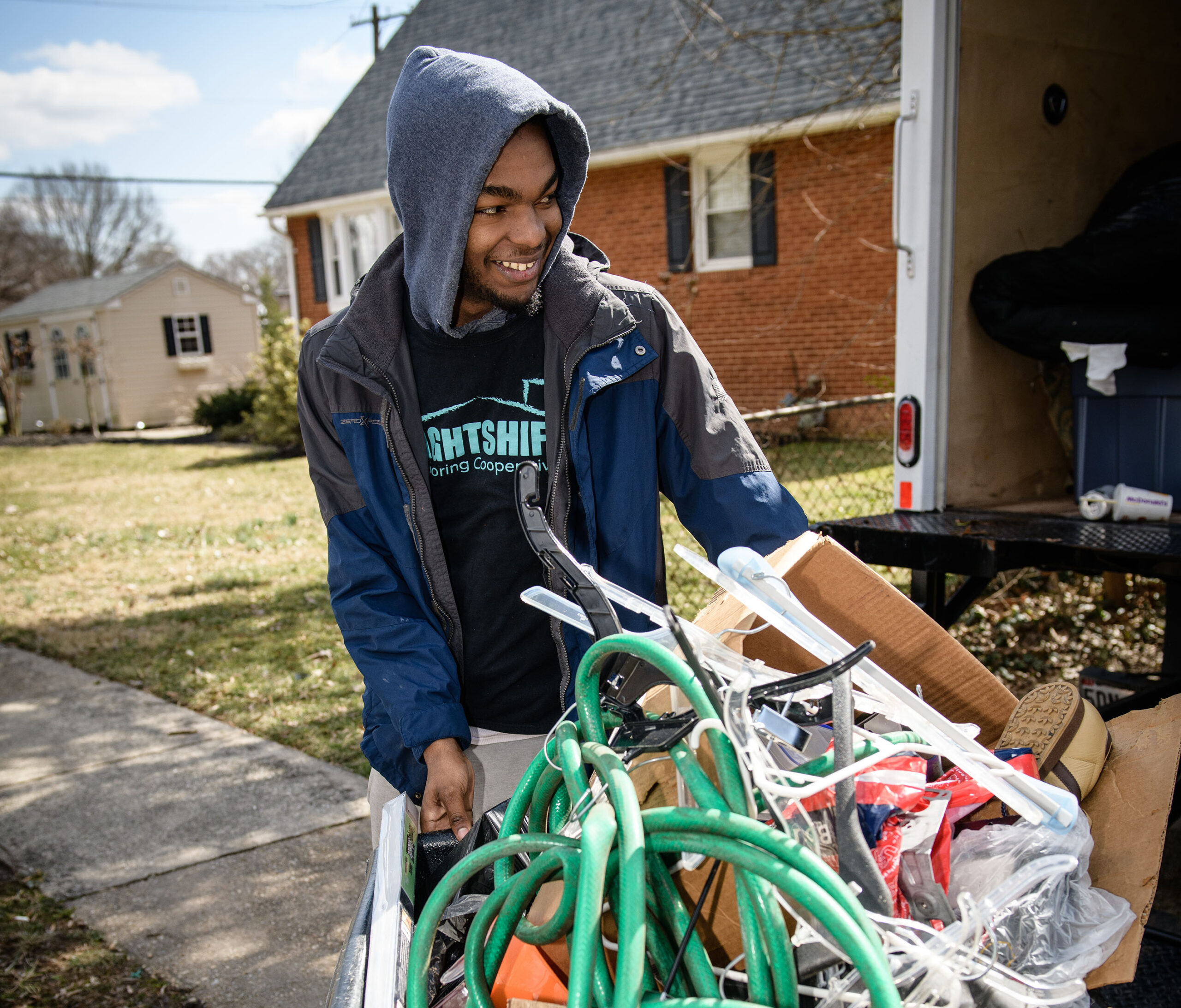By Michelle Betton, Writer
Martin Luther King, Jr.’s legacy is one of challenging the systems that keep people from benefitting from the democracy that this country is supposed to provide to all of its citizens. The people for whom he fought were often people of color, people with low-to-moderate incomes, people whose struggle for basic social services and equity was historically negated by their own government and fellow citizens. More than 50 years ago, King stated “Now is the time to make real the promise of democracy.” His was the chorus of “Yes, we can” that has brought so many together to change the status quo and shape that future that we want to see.
So many years later, communities are still struggling against discriminatory policies and structures that continue widening the divide between the haves and have-nots.
What is the answer to the seemingly insurmountable obstacles facing those who want to see an equitable future for disinvested communities? Determination. The kind of perseverance and determination that Martin Luther King, Jr. himself showed countless times in the face of frighteningly stark odds.
Mission-driven organizations in particular know how high the stakes are for communities. Every day, we work with the same communities that were the center of King’s life work, to address the issue of equity, build their personal power, and remove structural barriers that keep equity and opportunity unreachable for so many to this day.
In this week when we honor King’s legacy, we reaffirm our determination to partner with communities to create pathways through discrimination and bias to a future where everyone prospers. Now is STILL the time to make real the promise of democracy, and mission-driven organizations like Capital Impact continue to work at the front lines to see that disinvested communities get past obstacles to the promised land of shared prosperity.
In this video, watch our President and CEO Ellis Carr as he talks about the work that Capital Impact is doing to break barriers to success with communities in order to move toward a more equitable future.








